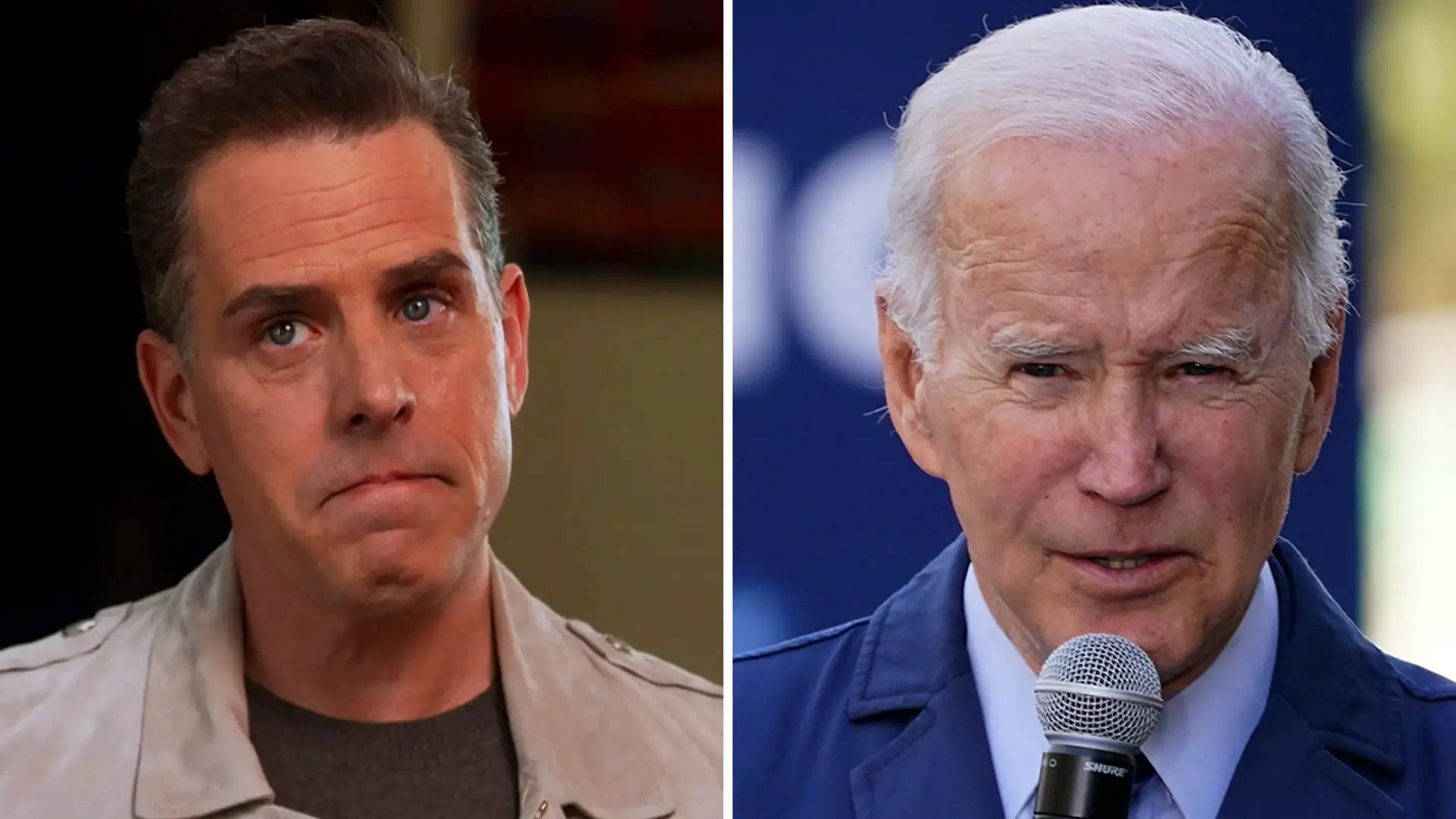In a recent development, federal officials have taken legal action against Hunter Biden, the controversial son of US President Joe Biden. Hunter Biden has been charged with two instances of tax law violations and a further violation relating to the purchase of a firearm while actively using illicit substances.
David Weiss, serving as the U.S. Attorney for the District of Delaware, submitted a document to the clerk’s office of the district court on Tuesday. This document marked a significant turn in the proceedings, revealing that the prosecutors under Weiss had arrived at an agreement with Hunter Biden and his legal team.
The terms of this agreement allow Hunter Biden to avoid incarceration entirely. Instead, Hunter Biden will acknowledge guilt for two minor offenses of neglecting to pay federal income tax, and will participate in a pretrial diversion program for his firearms violation.
The slow progression of the case against Hunter Biden has been a point of contention and criticism not only from outsiders but also from individuals within the system, such as whistleblowers. It was in 2018 when investigators with the Internal Revenue Service (IRS) began probing suspicious tax reports filed by the president’s son.
Recently, a civil servant with a long-standing career put forth allegations of interference by the Biden Justice Department in the case. It was claimed that an internal team dedicated to the case was disbanded on the Department’s orders. The alleged fallout of this action has provided the House Republicans with a motive to question whistleblowers from both the IRS and FBI. Accusations of politicization from individuals within these federal agencies have prompted concerns about the agencies’ ability to maintain their independence amid intense political pressure.
Hunter Biden, along with his associates, has been noted to have generated a substantial income since the tenure of Joe Biden as vice president from 2009 to 2015. Investigations conducted by the House have unearthed banking documents, revealing millions of dollars worth of profitable deals that directly benefited Hunter Biden, his associates, and other members of his family. These deals were a result of their representation of foreign companies aiming to gain a foothold in Washington. A significant portion of these business transactions involved payments being made to the Bidens via limited liability companies. Such a method of transaction effectively obscured the nature of the deals, leading, in part, to the tax violations in question.
In addition to the tax-related offenses, Hunter Biden is expected to plead guilty to the violation of a specific law designed to prevent the possession of a firearm by any individual who is an “unlawful user of or addicted to a controlled substance”.
This charge against Hunter Biden was substantiated by his own admission in an autobiography. Hunter Biden openly acknowledged his struggle with addiction, stating that during the timeframe of the firearm purchase, he was “smoking crack all the time”. This indicates that Hunter Biden provided false information on a document in which he claimed not to be a drug user.
The unique circumstances and high-profile nature of this case highlight the complexities of the American legal and political system, and underscore the continued public scrutiny on the Biden family. This ongoing saga is a testament to the intertwining of political power, legal proceedings, and public interest, and will continue to be closely watched by all facets of American society.

